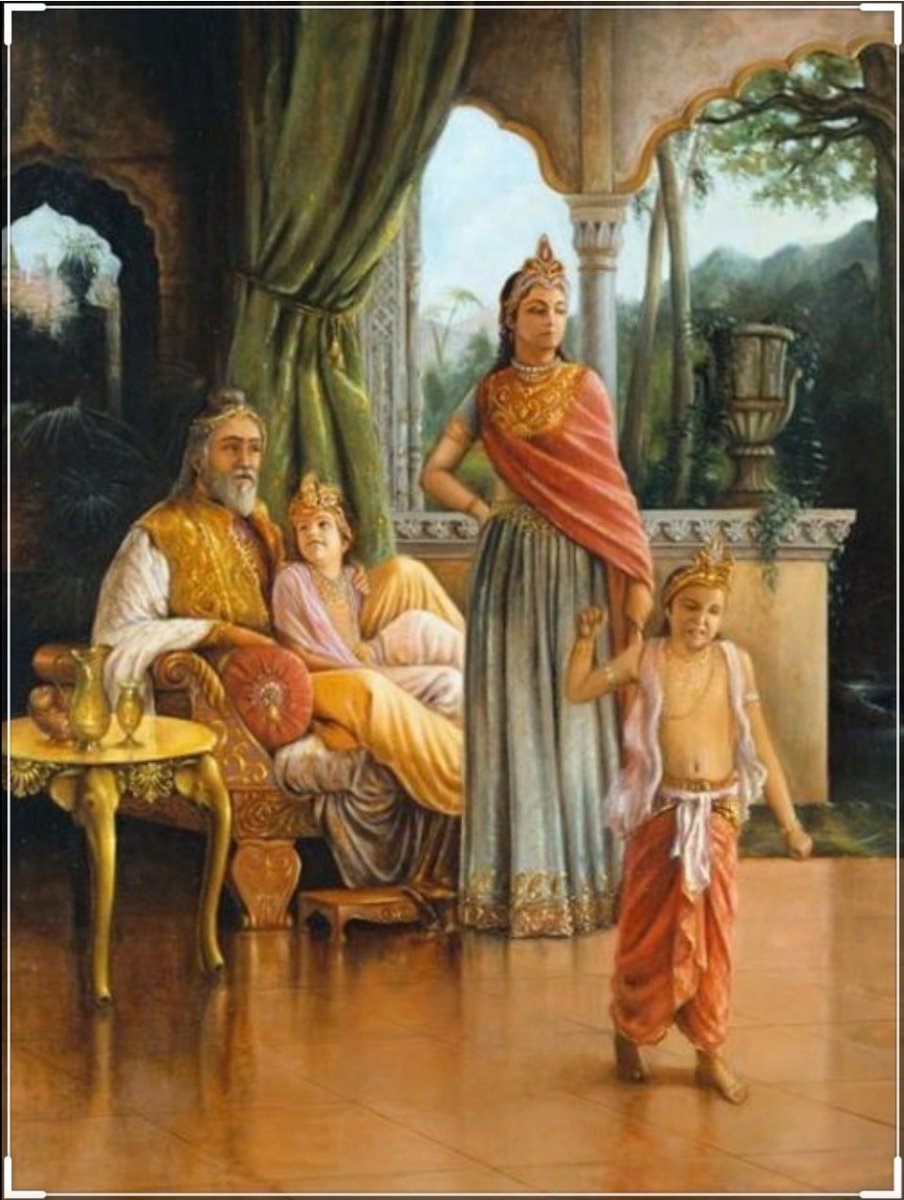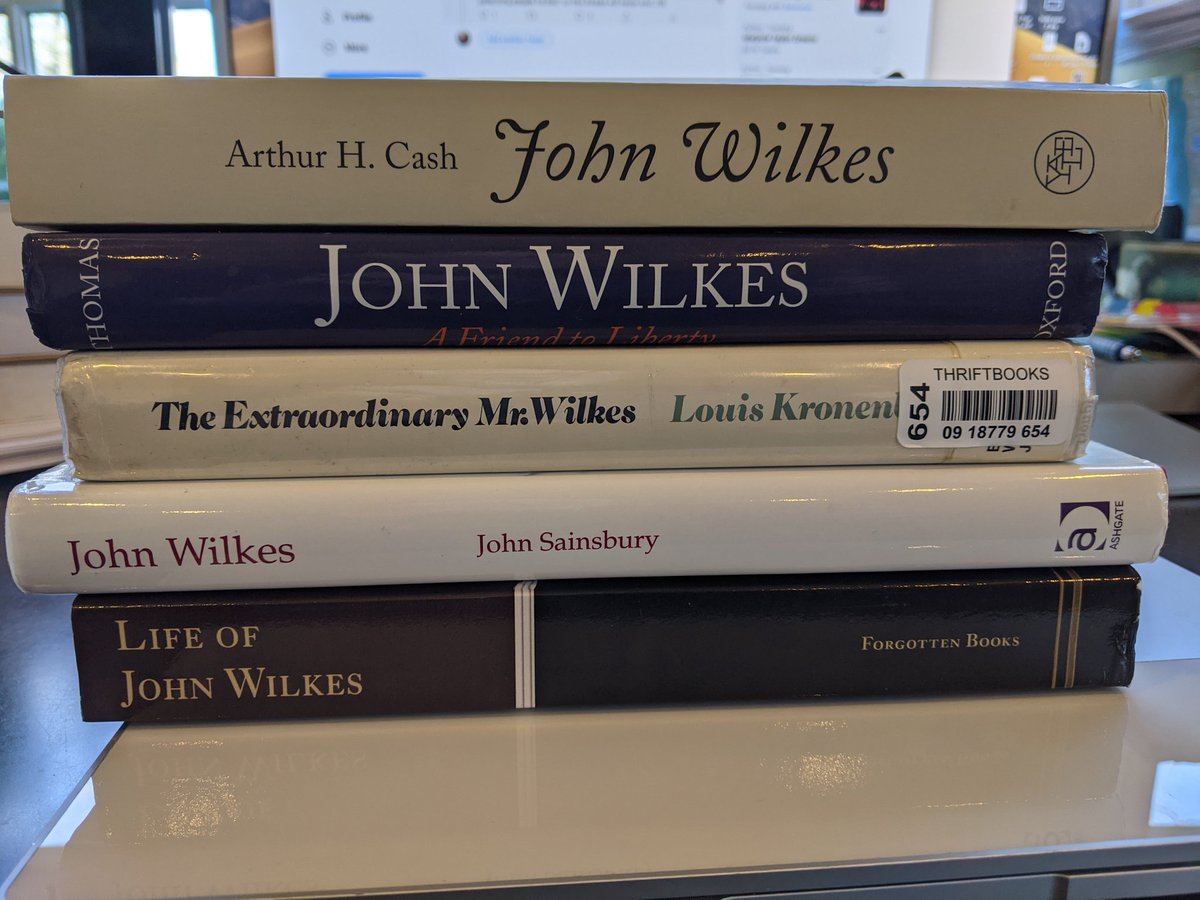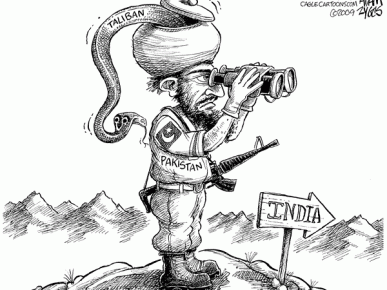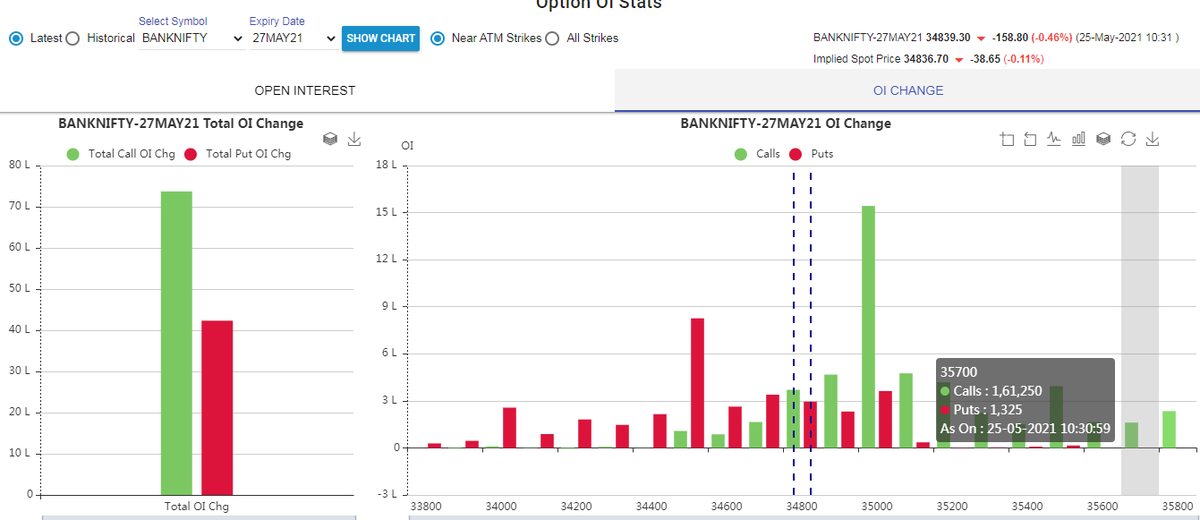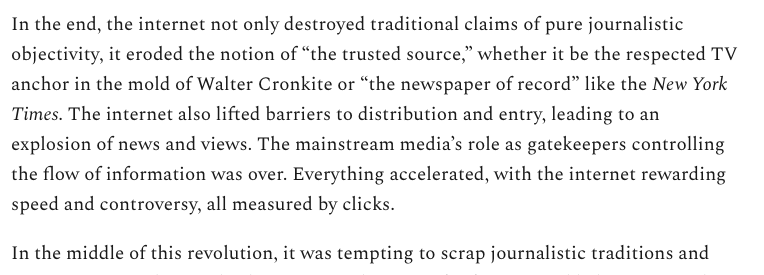
Oh, my. Former FT Editor @lionelbarber defends bothsideism, impartiality, objectivity and other recent journalistic tradition.


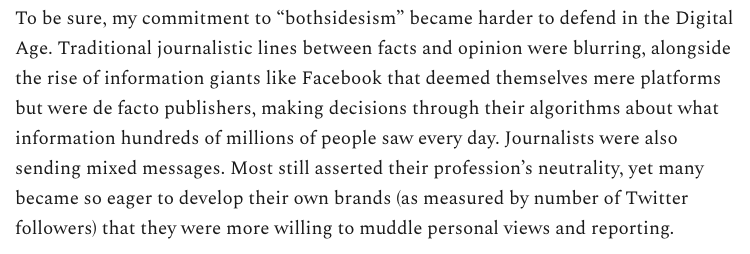

More from Trump

PRESIDENT TRUMP: THIS MAY BE, THE MOST IMPORTANT SPEECH I'VE EVER MADE. 12/02/2020
— GEORGE NEWS (@GeorgenewsOrg) December 3, 2020
(Use English/French Subtitles and READ every single word) #GodWins https://t.co/ZJ9racUF6o
Reporter's both-sides question:
"What was your role in what happened at the Capitol?
Proper question:
"Are you going to take responsibility for your role in inciting insurrection?"
Disgraced President Trump claims his speech was analyzed and people thought it was totally appropriate and MSNBC cuts away pic.twitter.com/sg5yIxWWBc
— Acyn Torabi (@Acyn) January 12, 2021
The press enabled the storming of the Capitol because they never held GOP accountable for pushing #TheBigLie that election was stolen
I have been yelling about this for months. Starting here where @TerryMoran got it right
But after press returned to form
ABC News on Trump's speech:
— Texan (@Texan_21C) November 4, 2020
"This isn't law... It's theater. Let's be blunt. It's the theater of authoritarianism"
"It's an attempt to end the election illegitimately to remain in power"#ABCNews #TerryMoran #Authoritarianism pic.twitter.com/t0pfZaReOz
Not long after Nov 4th press started both-sidesing again. Question Republicans were asked over & over was:
"Do u think Biden won?"
This enabled the coup
The proper question at minimum:
"Why are u enabling this charade? Why are u spreading
Media should shove a mic in every Republicans face & demand to know why they are going along with this charade!
— Texan (@Texan_21C) November 11, 2020
These, \u201cdo you think Biden won the election\u201d questions are weak bothsidesism that allowed a conman to become president
After repeatedly yelling that press wasn't demanding answers of GOP for spreading #TheBigLie I hoped this political violence on Dec 10th would finally get press to demand answers. But no. They continued to both-sides
Maybe political violence most likely inspired by Trump saying Dems are stealing the election will cause press to actually hold GOP accountable? Probably nothttps://t.co/1VZXCwuPc6
— Texan (@Texan_21C) December 11, 2020
I noted how impotent the American press was acting by treating #TheBigLie as credible. The press is supposed to hold people in power accountable, but beside @TerryMoran on election night, they by and large
Reminder that there was political violence 2 days ago bc the GOP is conning their supporters & actively engaging in a coup
— Texan (@Texan_21C) December 11, 2020
I am trying to come up with an analogy that fully captures how much American press is behaving as if it's impotent, during Americas 1st coup attempt!
Yes.. https://t.co/wntoQdyMZs
You May Also Like
Once upon a time there was a Raja named Uttānapāda born of Svayambhuva Manu,1st man on earth.He had 2 beautiful wives - Suniti & Suruchi & two sons were born of them Dhruva & Uttama respectively.
#talesofkrishna https://t.co/E85MTPkF9W
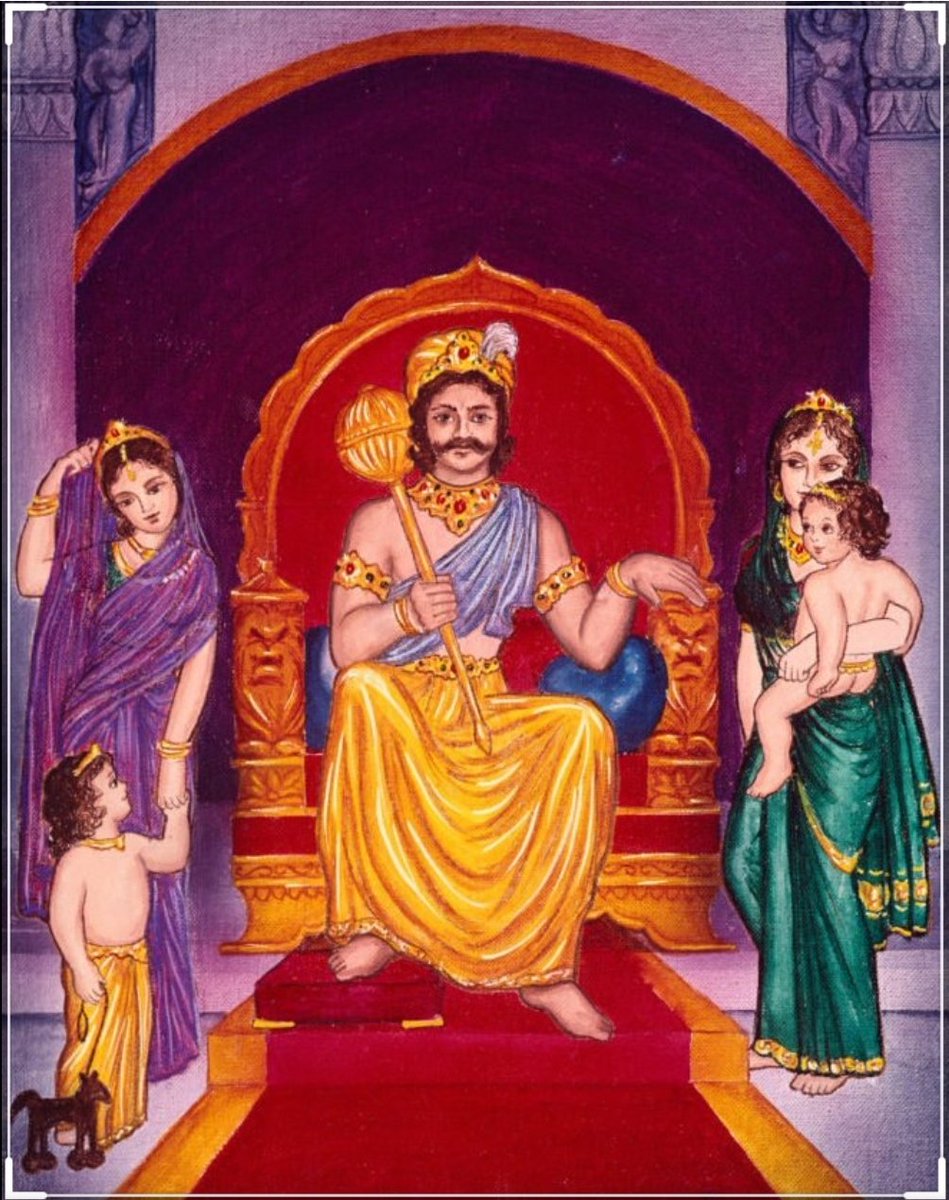
Prabhu says i reside in the heart of my bhakt.
— Right Singh (@rightwingchora) December 21, 2020
Guess the event. pic.twitter.com/yFUmbfe5KL
Now Suniti was the daughter of a tribal chief while Suruchi was the daughter of a rich king. Hence Suruchi was always favored the most by Raja while Suniti was ignored. But while Suniti was gentle & kind hearted by nature Suruchi was venomous inside.
#KrishnaLeela
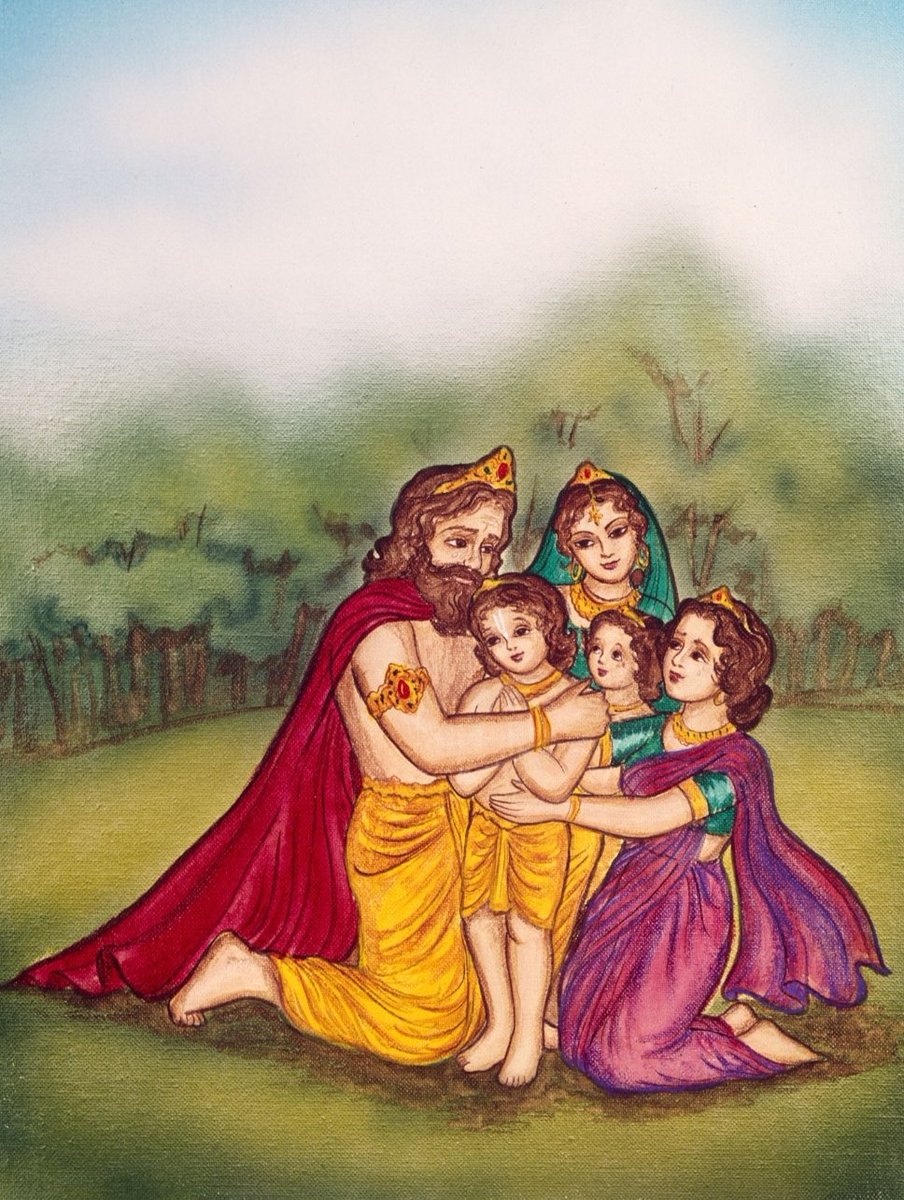
The story is of a time when ideally the eldest son of the king becomes the heir to the throne. Hence the sinhasan of the Raja belonged to Dhruva.This is why Suruchi who was the 2nd wife nourished poison in her heart for Dhruva as she knew her son will never get the throne.
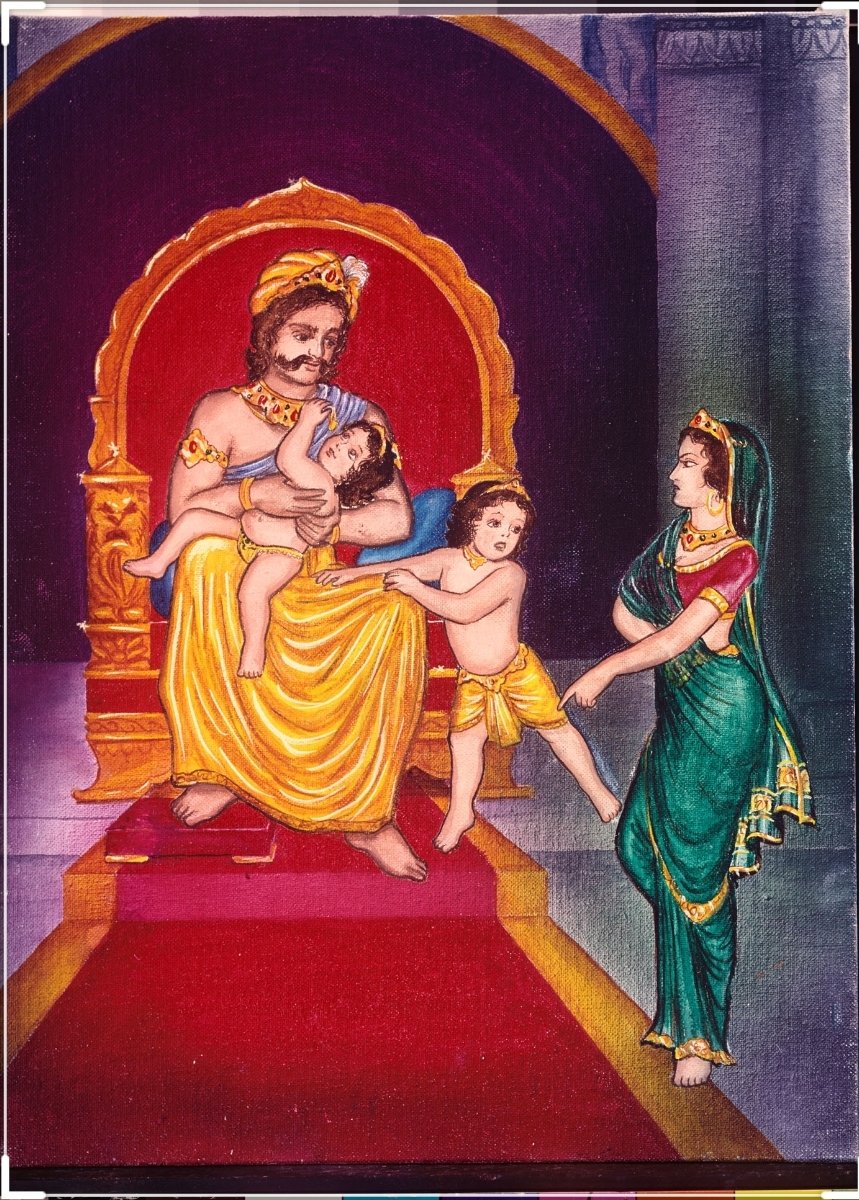
One day when Dhruva was just 5 years old he went on to sit on his father's lap. Suruchi, the jealous queen, got enraged and shoved him away from Raja as she never wanted Raja to shower Dhruva with his fatherly affection.
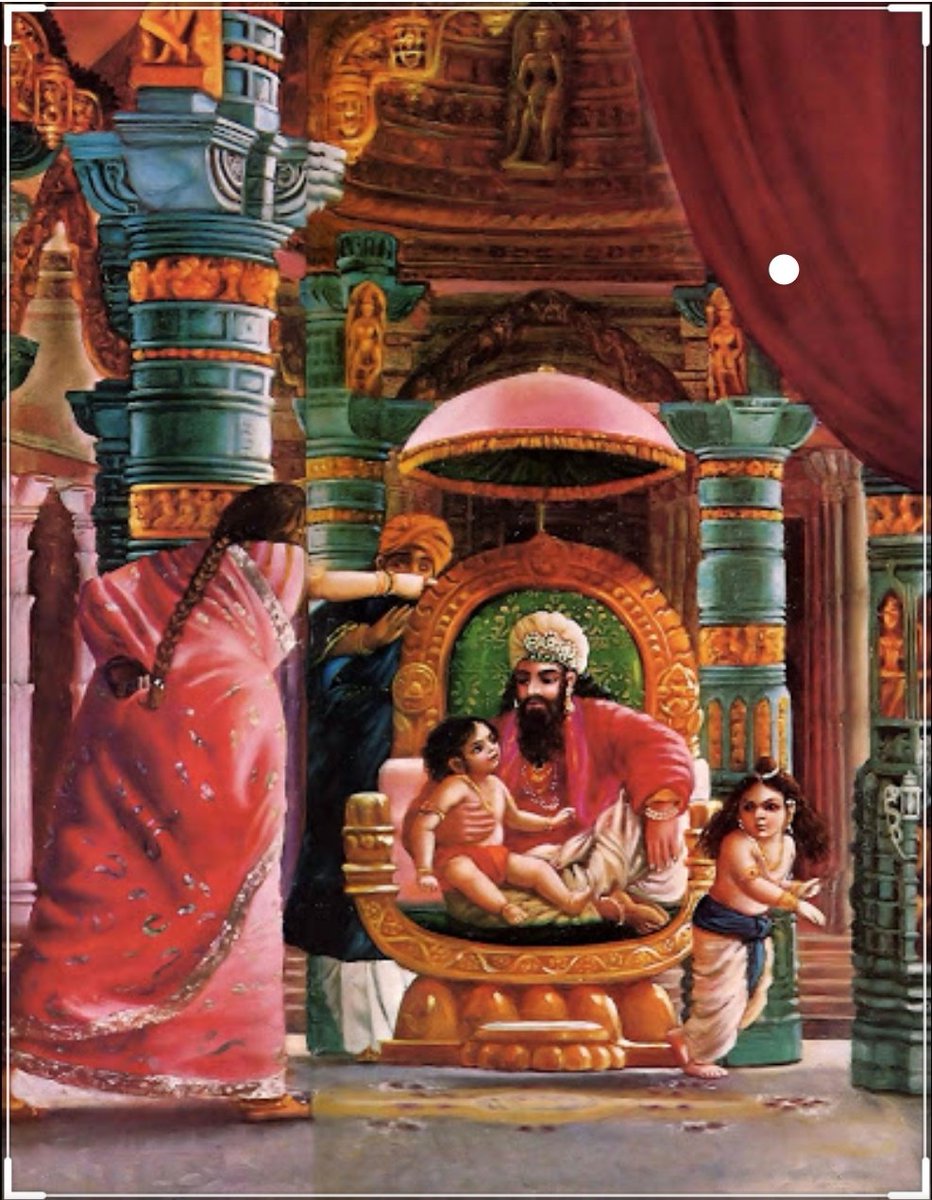
Dhruva protested questioning his step mother "why can't i sit on my own father's lap?" A furious Suruchi berated him saying "only God can allow him that privilege. Go ask him"
